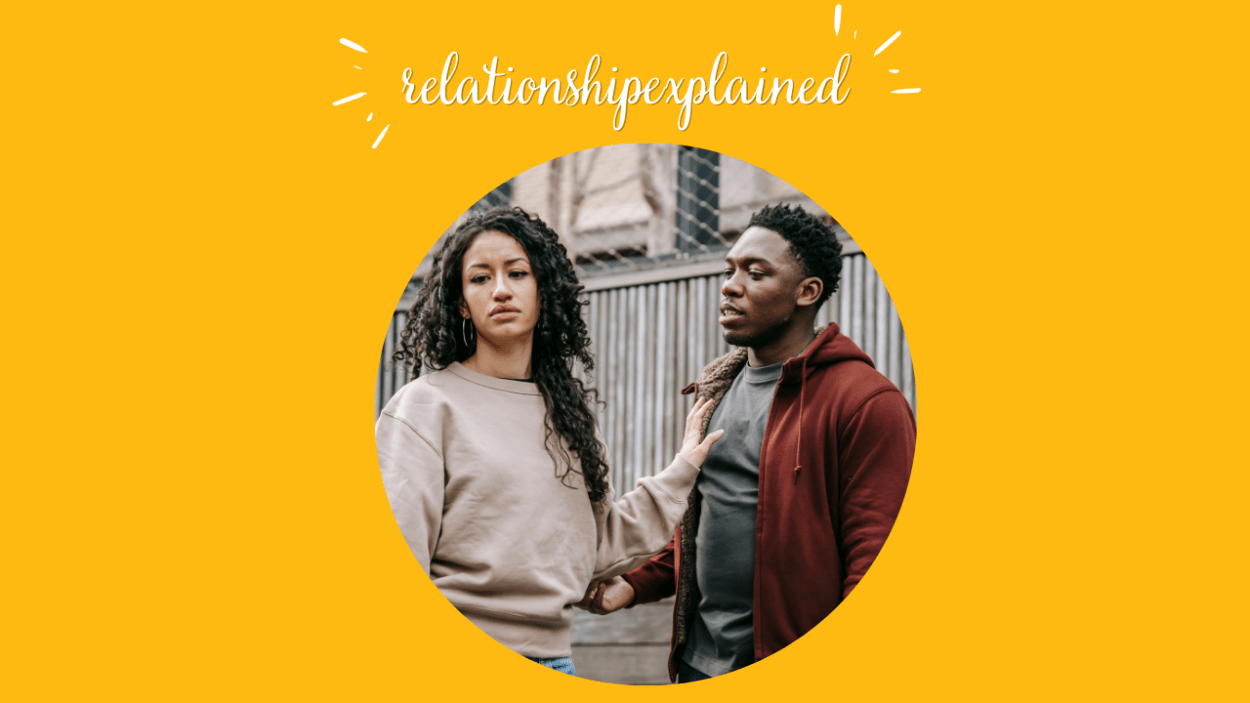What Hurts More, Blocking Or Ignoring?
In today's digital age, communication has taken on many forms, and the way we handle relationships has evolved significantly. One of the most challenging aspects of modern interactions is the decision to either block someone or to ignore them. These actions can have profound emotional implications, raising the question: what hurts more, blocking or ignoring? This article delves into the emotional ramifications of both actions and explores how they impact relationships.
As we navigate friendships, romantic relationships, and acquaintanceships, we often find ourselves faced with challenging situations where we must decide how to react to someone who may be causing us pain. While blocking someone typically indicates a clear boundary and a definitive end to communication, ignoring someone can often feel like a slow burn, leaving unresolved feelings and unanswered questions. Understanding the emotional weight of these actions can help us make more informed choices about our interactions.
This exploration is not just about determining which action inflicts more pain but also about understanding the psychology behind these behaviors. Emotions are complex, and what may hurt one person deeply could be a mere blip on the radar for another. In the following sections, we will examine the nuances of blocking and ignoring, their emotional consequences, and when it might be appropriate to use each approach.
What is Blocking and How Does it Affect Relationships?
Blocking is a definitive action taken to cut off all communication with someone. This can occur on social media platforms, messaging apps, and even in real life. When you block someone, you remove them from your digital space, preventing them from seeing your content and interacting with you. The psychological impact of blocking can vary:
- Emotional Relief: For some, blocking provides a sense of relief and safety, as it eliminates the possibility of further conflict.
- Closure: It can serve as a form of closure, signaling that the relationship is over.
- Confusion: On the other hand, the person who is blocked may feel confused or hurt, especially if they do not understand why they were cut off.
What Does Ignoring Someone Mean in a Relationship Context?
Ignoring someone, on the other hand, is a more passive approach. It involves deliberately not responding to messages, avoiding conversations, and essentially pretending that the other person does not exist. This behavior can lead to various interpretations:
- Silent Treatment: It can come across as a form of punishment or the "silent treatment," which can be emotionally damaging.
- Ambiguity: Ignoring can create a sense of ambiguity, leaving the other person unsure about their standing in the relationship.
- Emotional Distress: For the person being ignored, it can lead to feelings of rejection, loneliness, and distress.
Does Blocking Hurt More Than Ignoring?
The emotional pain associated with blocking versus ignoring is subjective and can depend on various factors, including the nature of the relationship and the individual's emotional resilience. Here are some points to consider:
How Do Different Personalities React to Being Blocked or Ignored?
Understanding personality types can shed light on how individuals react to being blocked or ignored. Here are some common personality traits and their potential reactions:
Secure Individuals:They may accept the situation and move on without much distress.Anxious Individuals:They may feel abandoned and experience heightened anxiety over the situation.Avoidant Individuals:They might not react much on the surface but may internally struggle with feelings of rejection.How to Decide Between Blocking and Ignoring?
The decision to block or ignore someone can be challenging. Here are some factors to consider:
- Severity of the Situation: If the situation involves harassment or severe emotional pain, blocking may be the best option.
- Desire for Closure: If you need closure, blocking might provide that, while ignoring can leave you feeling unsettled.
- Future Interaction: Consider if you may want to interact with this person again. Ignoring keeps the door open, while blocking closes it.
Can Blocking or Ignoring Be Healthy Coping Mechanisms?
Both blocking and ignoring can serve as coping mechanisms, but they must be used thoughtfully. Here are some healthy ways to approach these actions:
Conclusion: What Hurts More, Blocking or Ignoring?
Ultimately, the question of what hurts more, blocking or ignoring, does not have a one-size-fits-all answer. It varies greatly from person to person and situation to situation. Both actions can inflict emotional pain, but the type and intensity of that pain depend on the context of the relationship, the individuals involved, and their emotional states. By understanding the implications of blocking versus ignoring, we can make more informed choices about how to navigate our relationships and protect our emotional well-being.



ncG1vNJzZmixn6PAtr7IZqWeq6RjsLC5jpycpZ2Sp7a1xZZorqGZpGK1tr7TrGSmp6KaeqO4zpyioqaXYryzecigpaiqmaO0b7TTpqM%3D